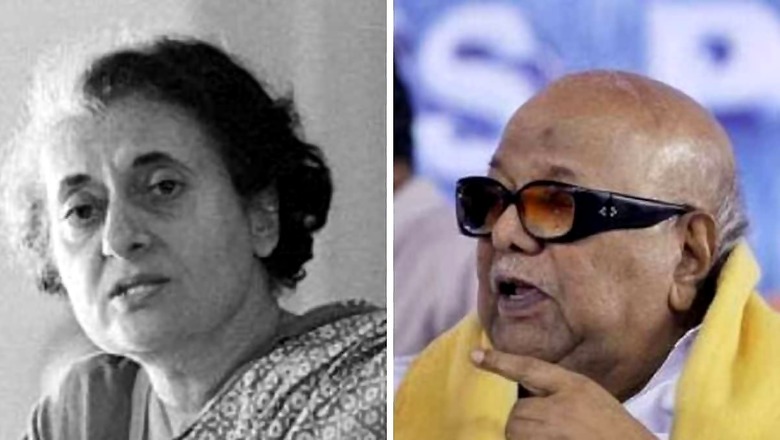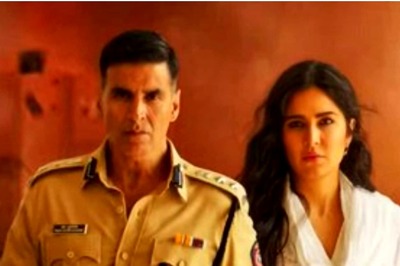
views
The Indira Gandhi government rushed through the Katchatheevu Island issue in 1973-74 as it cited “unrelenting pressure from Sri Lanka” and said it did not want to take the dispute to an International Court as it thought the Indian case was “weak” and “world opinion tended to side with small country against a big country”. The government also thought China would gain in influence, taking advantage of spoilt India-Sri Lanka relations.
This has been revealed in the Right to Information (RTI) query reply from the Ministry of External Affairs to Bharatiya Janata Party’s (BJP) Tamil Nadu Chief K Annamalai. India’s then foreign secretary Kewal Singh had briefed Tamil Nadu Chief Minister M Karunanidhi in 1974 about the compulsions of India settling the matter immediately. “Foreign Secretary explained to the Chief Minister of Tamil Nadu the relative weakness of India’s case for sovereignty over Kachchativu as compared to that of Ceylon,” the minutes of the said meeting say, exposing that India itself thought that its case was weak.
The Foreign Secretary also told the CM that the Sri Lanka side was convinced of the superiority of their case, “and also aware of the shortcomings of our case, had maintained sustained pressure on us to refer the issue to the International Court of Justice for a decision, if India does not settle it bilaterally at an early date”. Further explaining the pressure from Sri Lanka, the foreign secretary said Sri Lanka had “envisaged a certain time-table for the settlement and insisted on urgency for an early solution, in no case later than the end of 1973…the pressure since October 1973 has been unrelenting.” The RTI reply has exposed how India succumbed to the pressure.
The RTI reply shows that India did not want to go to the International Court of Justice over Katchatheevu, also called Kachchativu, issue. “We wish to avoid arbitration on principle and in the light of our experience in the past over Kashmir in the Security Council, or of arbitration in the Kutch case, and more recently on the question of hijacking of an Indian plane to Pakistan and the consequent banning of over-flights into Indian territory. The objective impartiality of a third party cannot be taken for granted. Besides, world opinion tended to side with a small against a big country,” the foreign secretary told the CM. This was after the CM asked if the matter could be put off for two years or be taken to an International Court.
'Tamil Nadu has been mislead to believe that this island was with Sri Lanka but the reality is that the dynasty passed it on a platter to Sri Lanka' says BJP's @TomVadakkan2News18's @_pallavighosh and @AmanKayamHai_ shares details.@SakshiLitoriya_ | #Katchatheevu pic.twitter.com/csyrVJyqzH
— News18 (@CNNnews18) April 2, 2024
CHINA FACTOR
The RTI reply also shows that the China factor was weighing heavily on India’s mind while rushing through the decision of handing over Kachchateevu Island to Sri Lanka.
“Foreign Secretary pointed to the existence of a very strong pro-Chinese lobby in Sri Lanka which is eager to take advantage of any misunderstanding between India and Sri Lanka and which may be urging them to refer the dispute to arbitration or even go to the World Court to embarrass India,” the foreign secretary told the CM.
He further said that any course other than political negotiations would harm India’s national interest and “would augment influence of other foreign powers (China) and adversely affect our security and economic interests…further delaying the issue would mean playing into hands of elements inimically disposed to India”, the RTI records show.
The revelations show that India then put its cordial relations with Sri Lanka on priority in settling the Kachchativu issue in the favour or Sri Lanka.




















Comments
0 comment